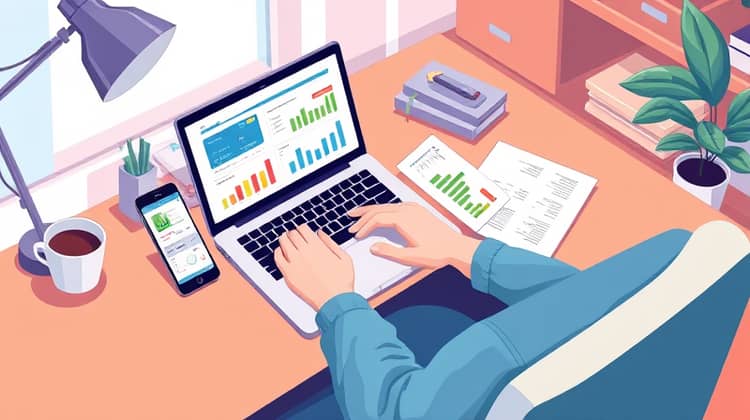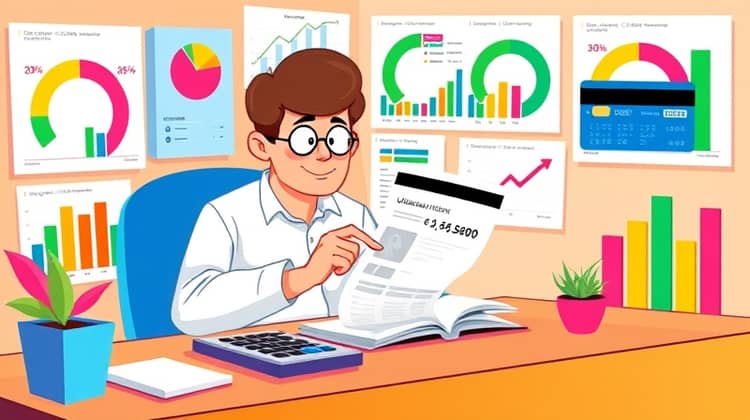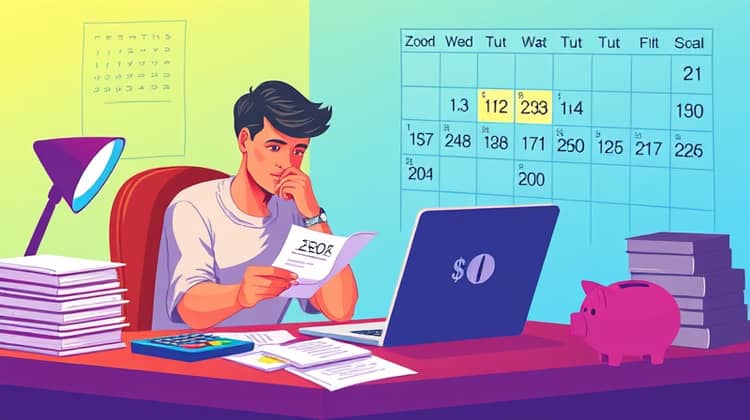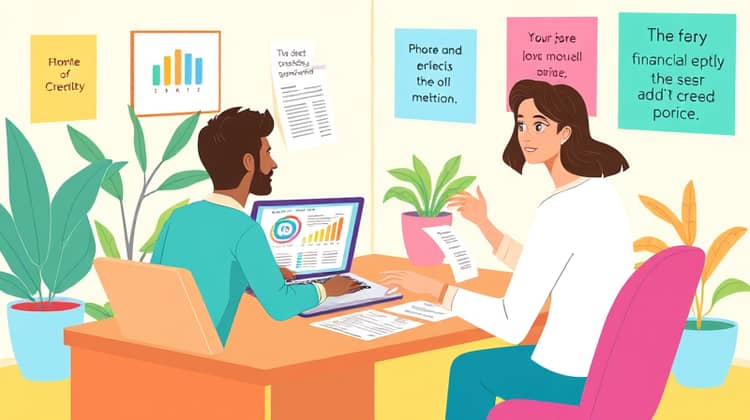Credit Card Use: 10 Best Practices for Responsible Spending

Credit cards can be powerful financial tools that, when used properly, offer convenience, rewards, and even financial safety. However, they can also lead to significant debt if not managed responsibly. With the right knowledge and practices, you can maximize the benefits of credit card usage while minimizing potential pitfalls.
This article will explore ten best practices for responsible credit card spending, designed to help you navigate your financial responsibilities effectively.
By adopting these habits, you will be better positioned to use your credit card as a beneficial financial instrument rather than a source of stress.
1. Know Your Credit Card Terms

Understanding your credit card terms is crucial for responsible management. Different credit cards come with varying fees, interest rates, and rewards structures. Familiarizing yourself with these terms helps in making informed spending decisions that align with your financial goals.
Make it a habit to read through your credit card agreement. This document contains valuable information about introductory rates, penalties for missed payments, and how your interest is calculated. Being aware of the terms will ensure you avoid unnecessary penalties and maximize potential rewards.
- Annual percentage rate (APR)
- Annual fees
- Foreign transaction fees
- Late payment fines
- Rewards program details
Awareness of these terms not only helps you manage your finances better but also assists in planning your spending effectively.
2. Pay Your Balance in Full

One of the most effective ways to avoid credit card debt is to pay your balance in full each month. This practice prevents you from accruing interest and keeps your balance manageable.
When you consistently pay off your entire statement balance by the due date, you establish a solid habit of financial discipline, which safeguards your credit score and overall financial health.
3. Avoid Cash Advances

Cash advances from credit cards might seem like a quick solution to cash shortages, but they often come with high fees and immediate interest charges. Unlike purchases, cash advances typically start accruing interest right away, without a grace period.
To maintain a sound financial strategy, it is advisable to avoid cash advances unless absolutely necessary.
- Understand the high interest rates on cash advances.
- Consider alternative options for quick cash needs.
- Avoid using credit cards for non-purchase transactions.
Focusing on the costs associated with cash advances can help you reconsider their necessity and find better solutions to manage cash flow issues.
4. Monitor Your Spending

Regularly monitoring your credit card spending is essential for staying within your budget and avoiding debt. Many credit card companies offer online tools and mobile apps that allow you to track your spending in real-time.
By reviewing your transactions frequently, you can identify any discrepancies or unnecessary expenses and adjust your spending habits accordingly.
5. Use Credit Cards for Emergencies Only

Using your credit card for planned purchases can lead to overspending, so it’s wise to reserve your card for emergencies. An emergency is anything you did not foresee and truly need to address immediately, such as unexpected medical expenses or urgent vehicle repairs.
By limiting usage, you maintain your card’s availability for genuine emergencies and prevent the temptation to use credit for everyday purchases.
6. Take Advantage of Rewards Programs

Many credit cards offer significant rewards programs that can benefit users who spend responsibly. These programs typically provide points, cash back, or travel perks for every dollar spent, making it easier to earn rewards on regular purchases.
To maximize your benefits, choose a card with a rewards program that aligns with your spending habits, whether through travel, dining, or everyday expenses.
7. Don’t Max Out Your Card

Maxing out your credit card not only incurs high interest but can also negatively impact your credit utilization ratio, which is a crucial factor in determining your credit score. It’s advisable to keep your card’s balance below 30% of its limit.
By maintaining a lower balance, you can manage your finances more effectively and enhance your credit score over time.
8. Be Aware of Security Risks

With the rise of online shopping and digital payments, security risks have become more prevalent. It's essential to practice caution and protect your credit information to avoid fraud.
Regularly changing your passwords and monitoring your accounts for unauthorized transactions can significantly reduce the risk of falling victim to fraud.
9. Understand the Impact on Your Credit Score

Every financial decision you make can affect your credit score, including how you use your credit card. Timely payments and keeping your balance low contribute positively, while missed payments or high utilization can harm your score.
Being aware of these impacts can encourage more responsible usage of your credit card, thereby benefiting your long-term financial plans.
10. Seek Help if Needed

Financial management can sometimes be overwhelming, and it's important to seek help if you feel out of control with your credit card usage. Many resources are available, including financial advisors, credit counseling services, and educational materials that can guide you.
Reaching out for help demonstrates responsibility and can assist you in developing a sustainable plan for managing your debt and improving your credit health.
Conclusion

In conclusion, responsible credit card use is vital for maintaining financial health and avoiding debt pitfalls. By following the practices outlined above, you can make informed decisions that benefit your financial future.
Remember to continually educate yourself about credit card terms and strategies, as the financial landscape evolves rapidly. Utilizing resources to enhance your understanding can empower you to use your credit card effectively and responsibly.
Ultimately, treating your credit card as a financial tool rather than a source of stress will lead to a healthier financial life.






